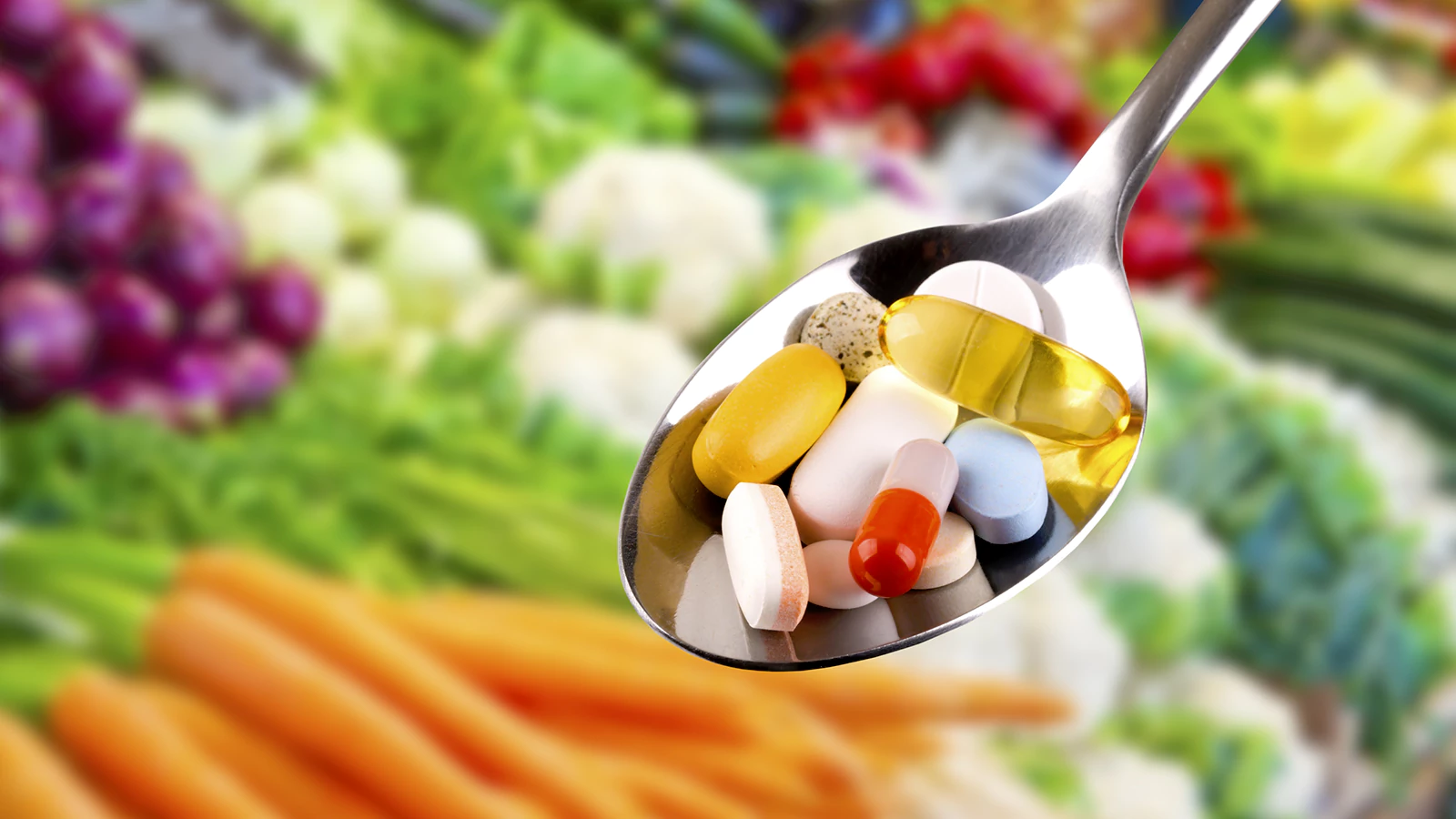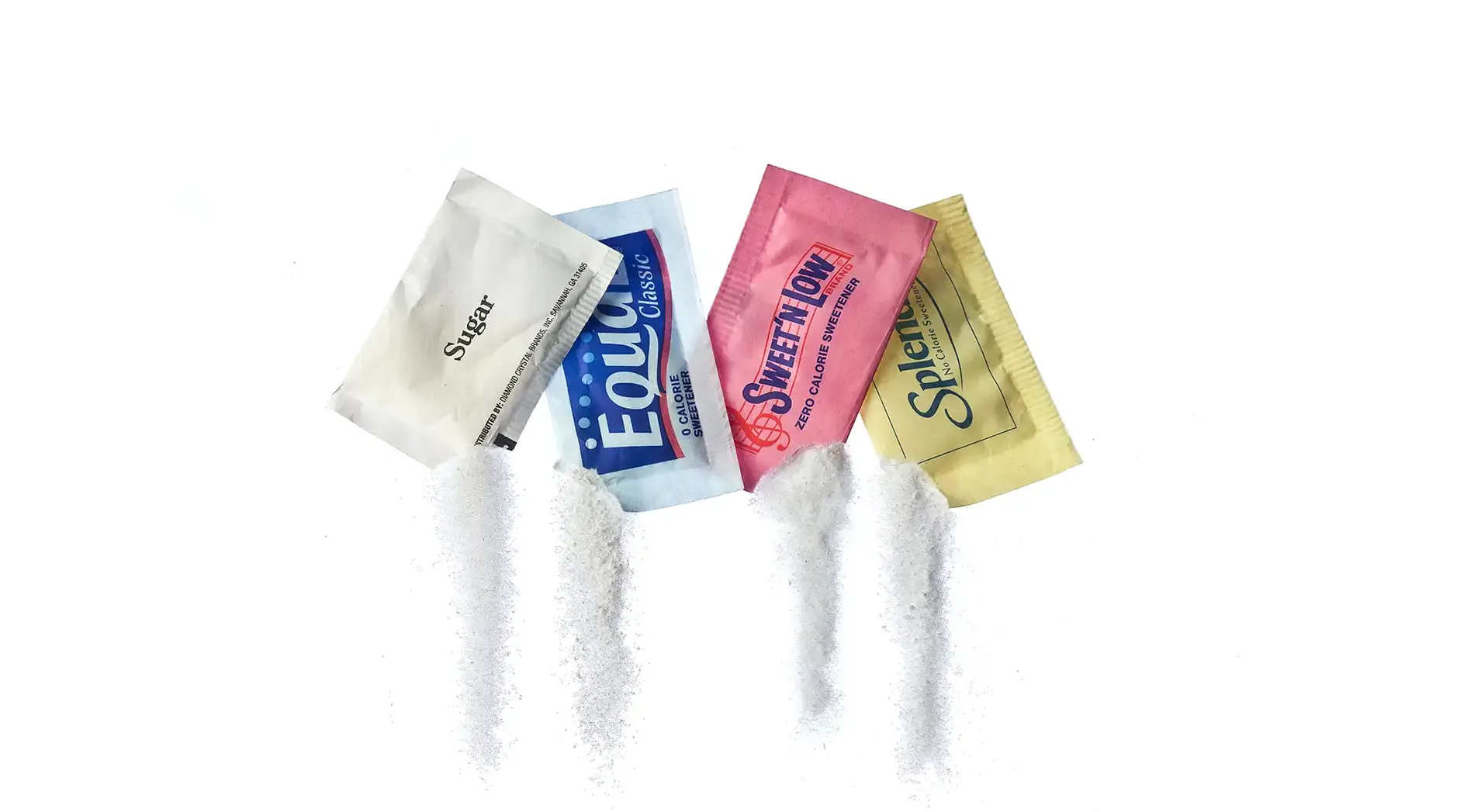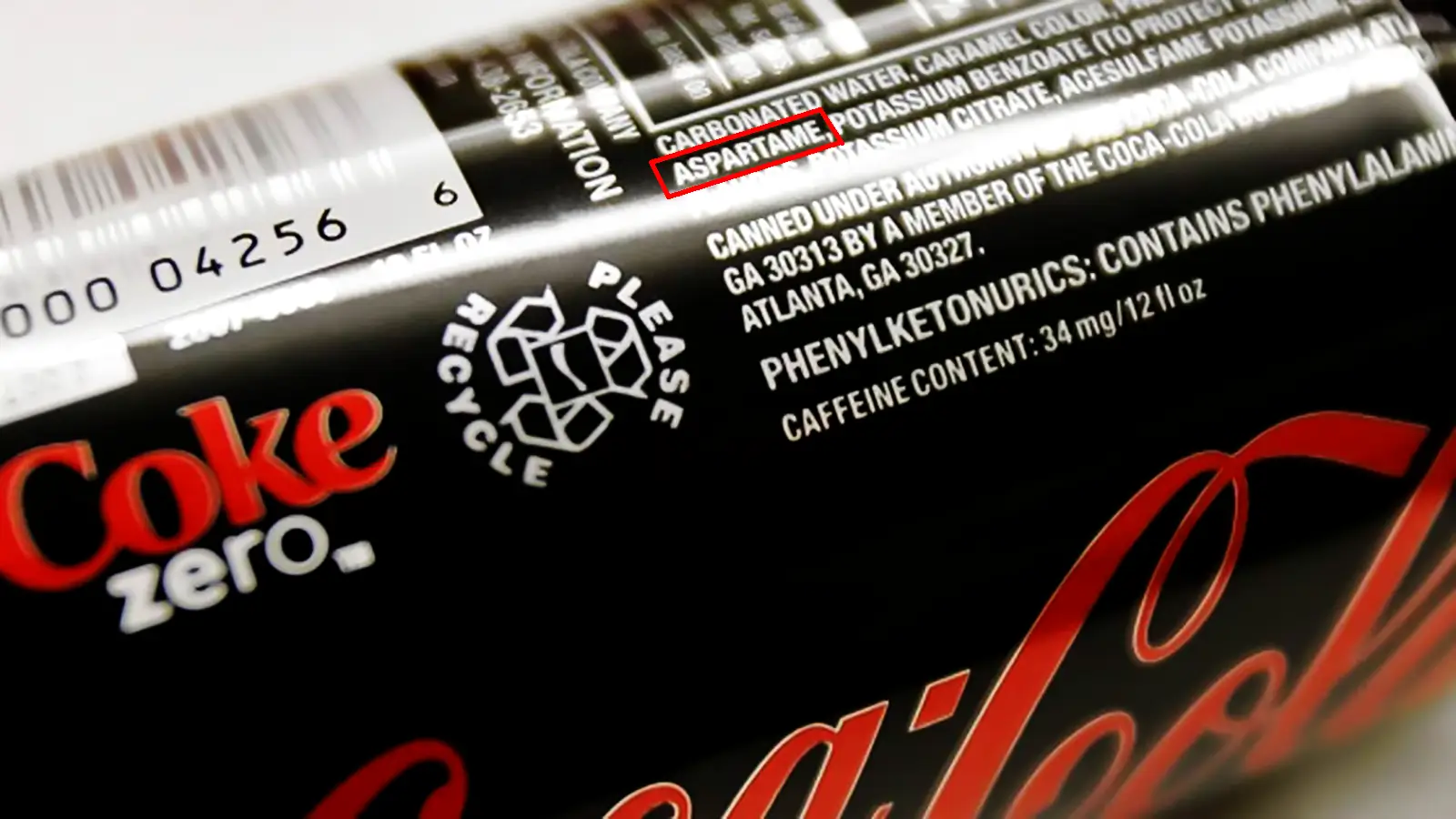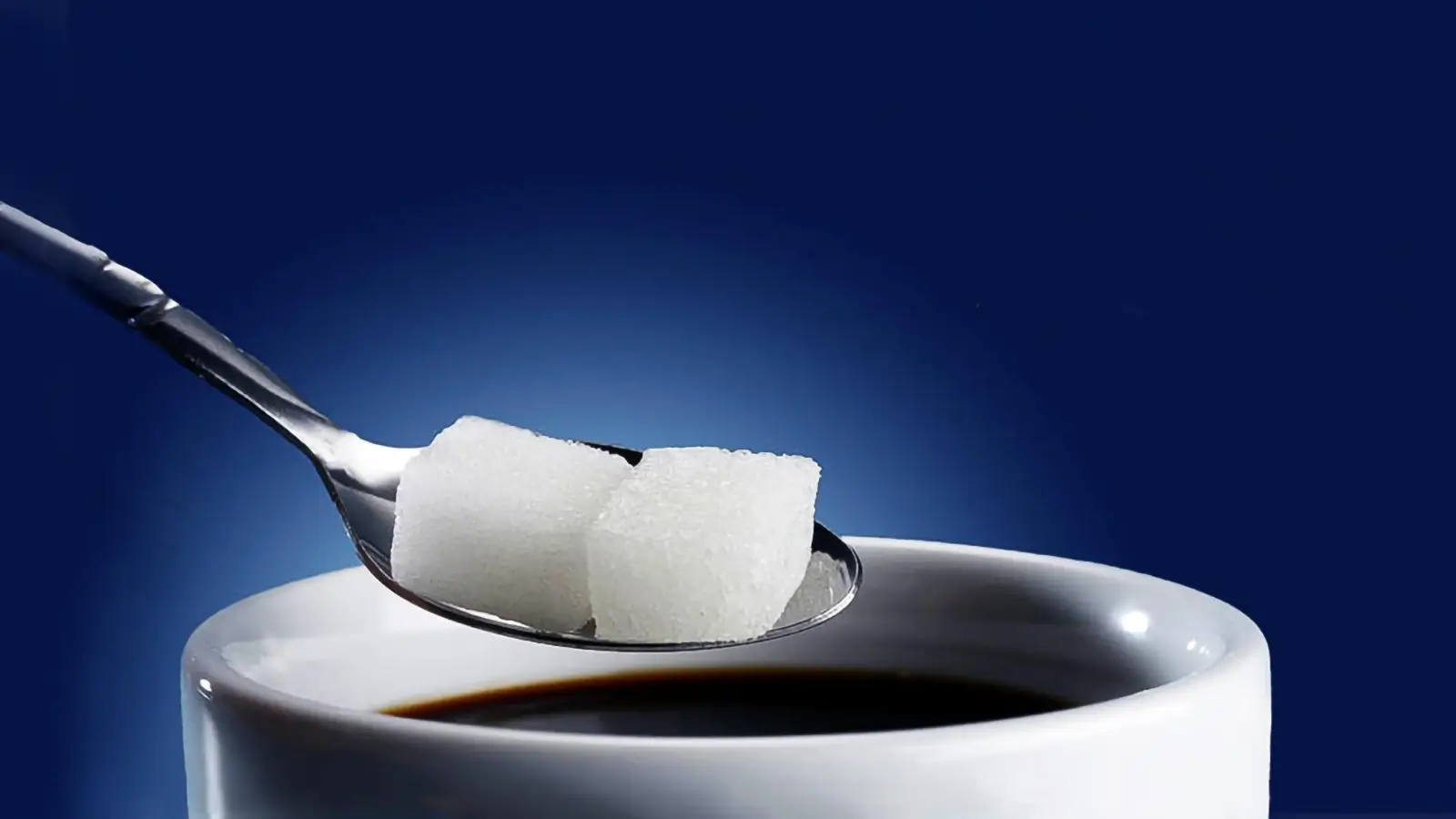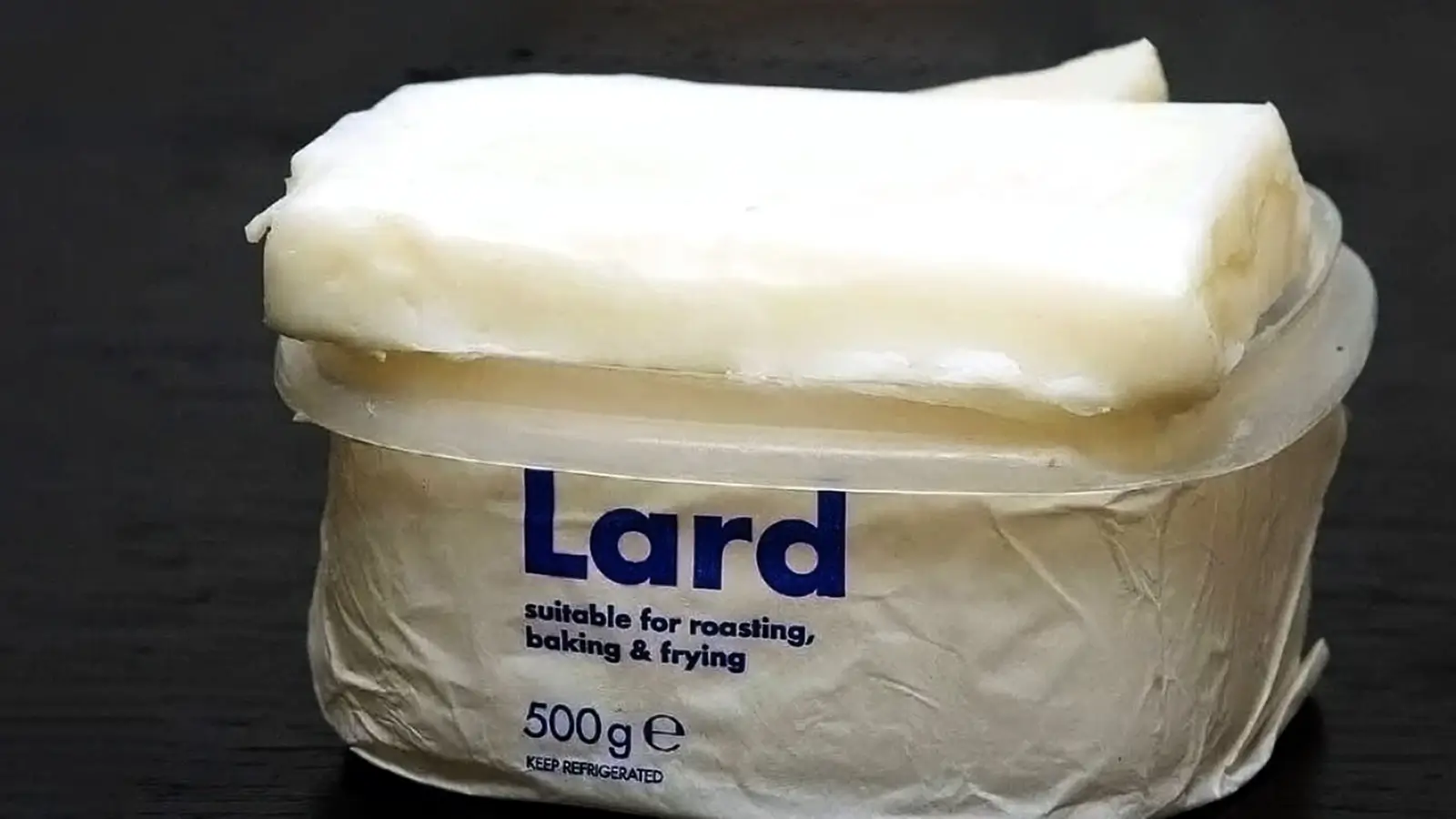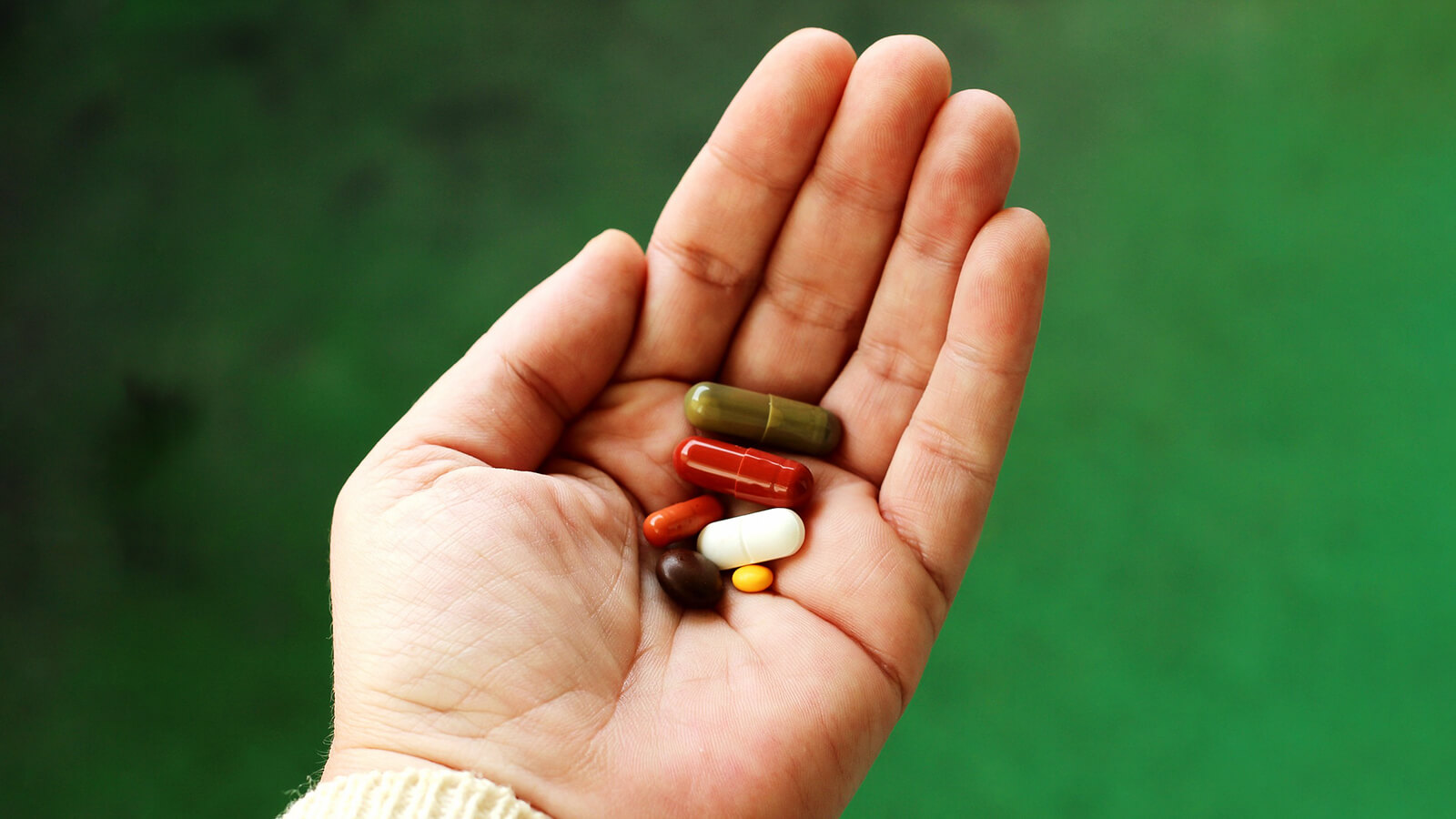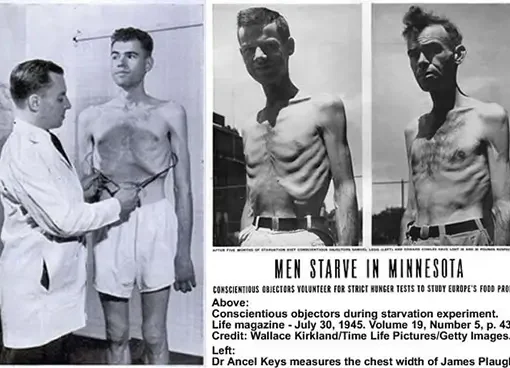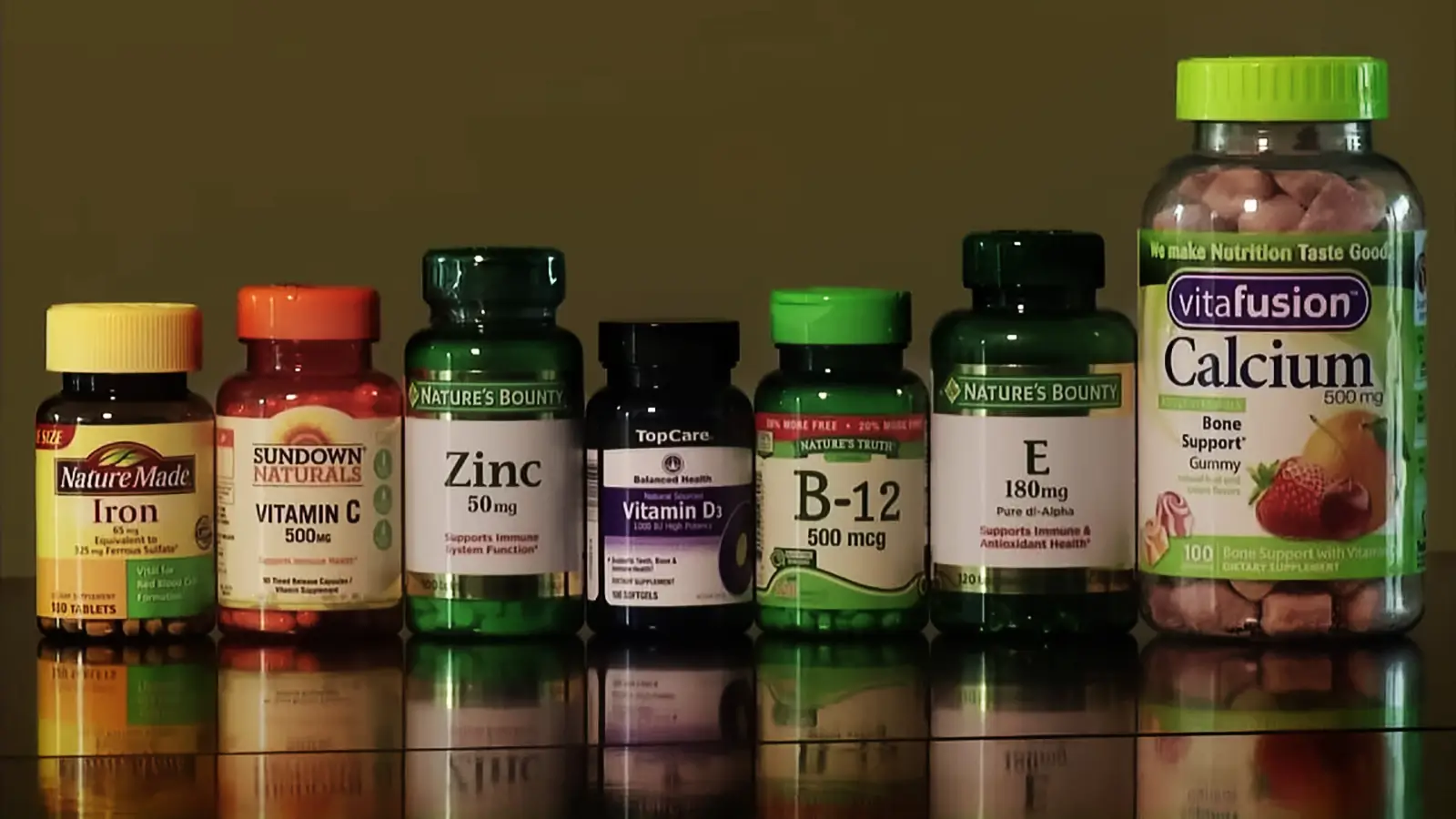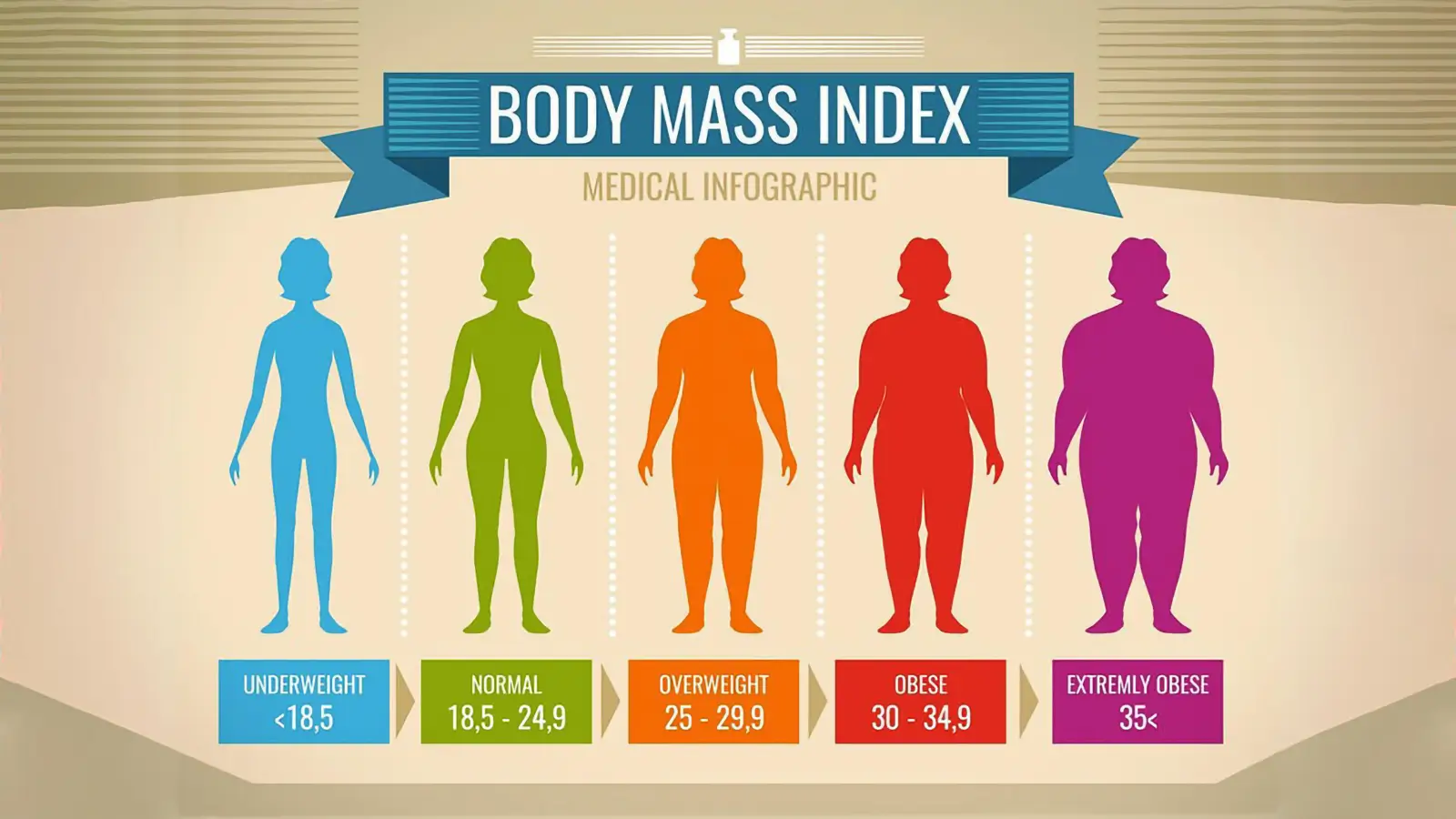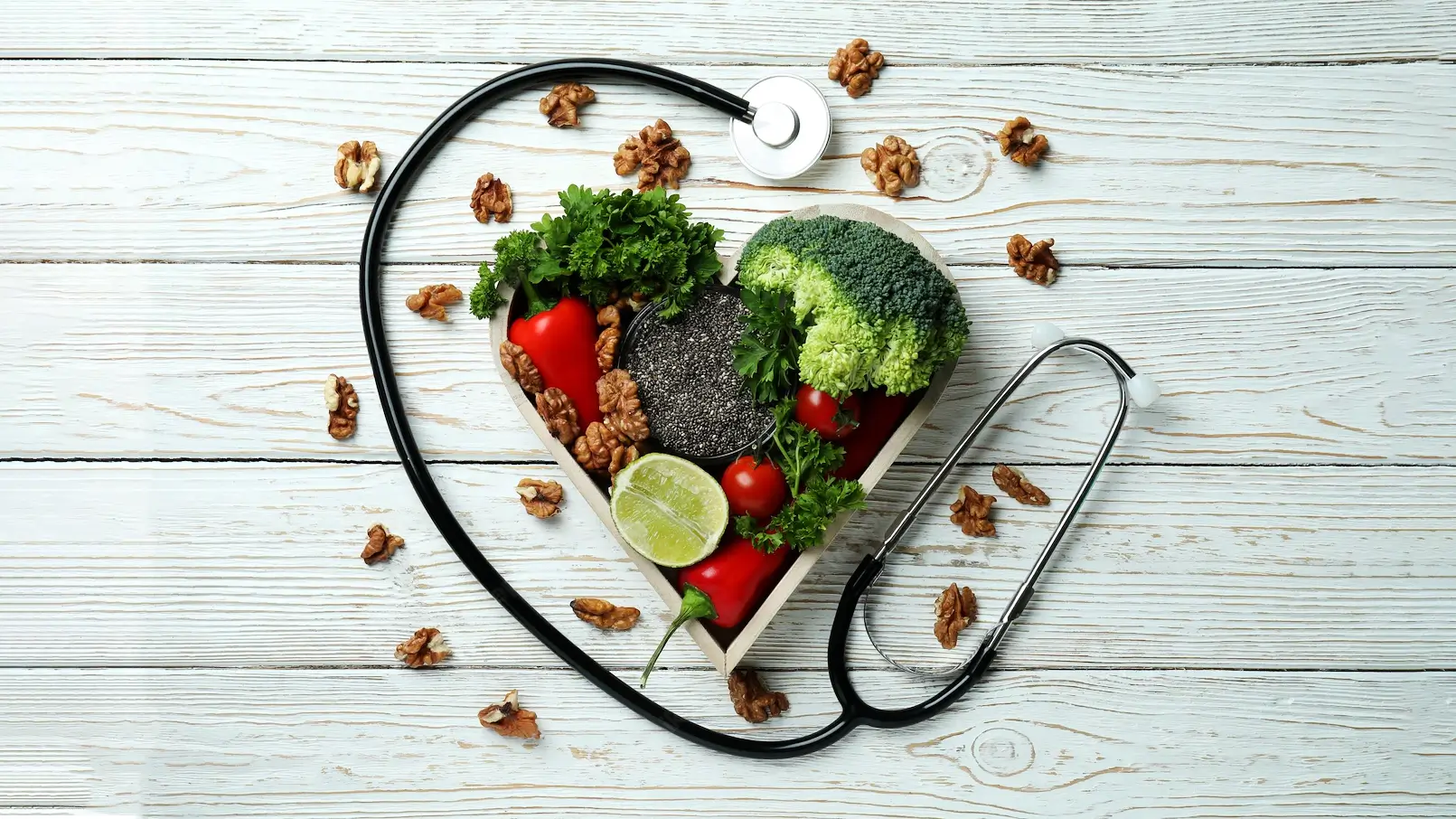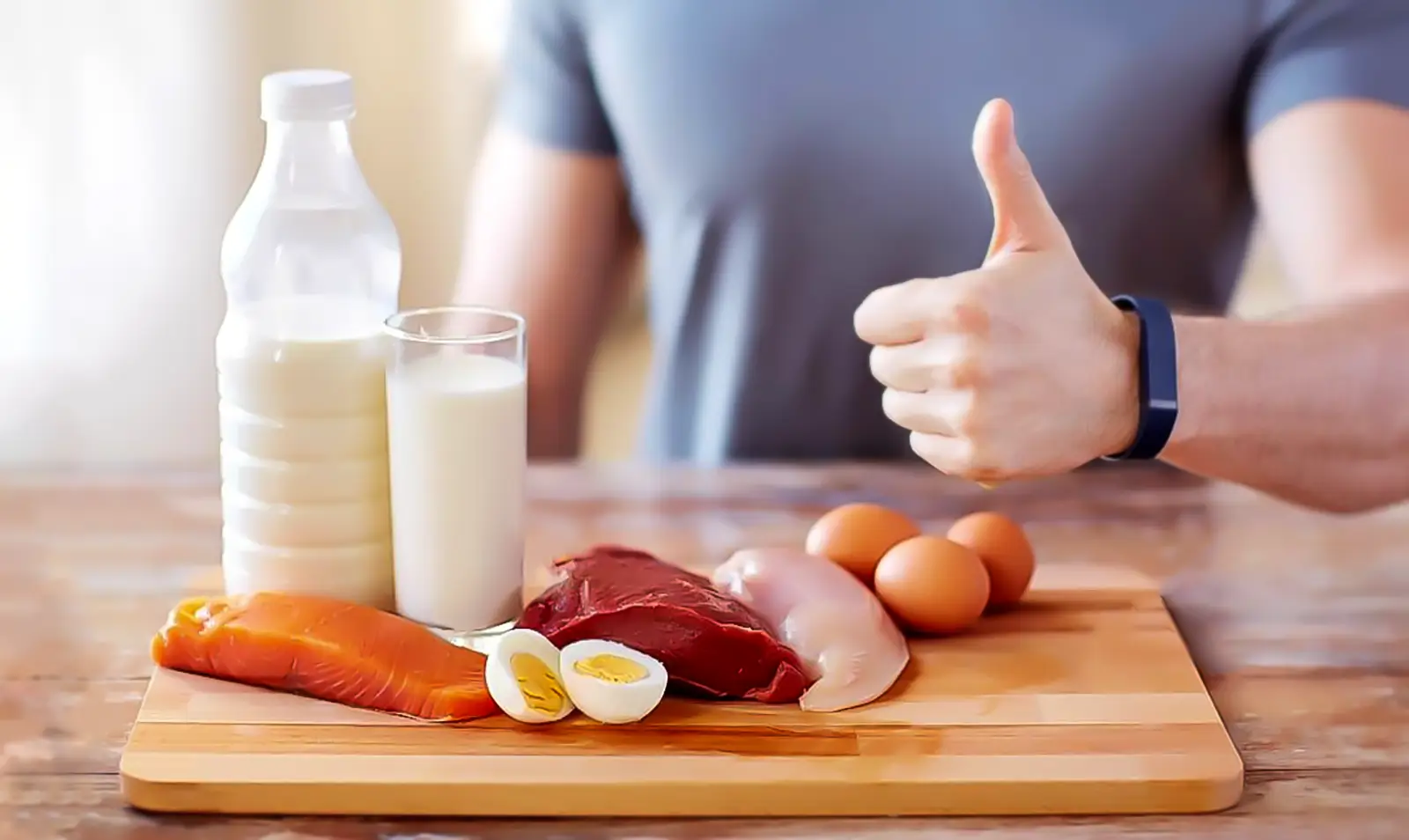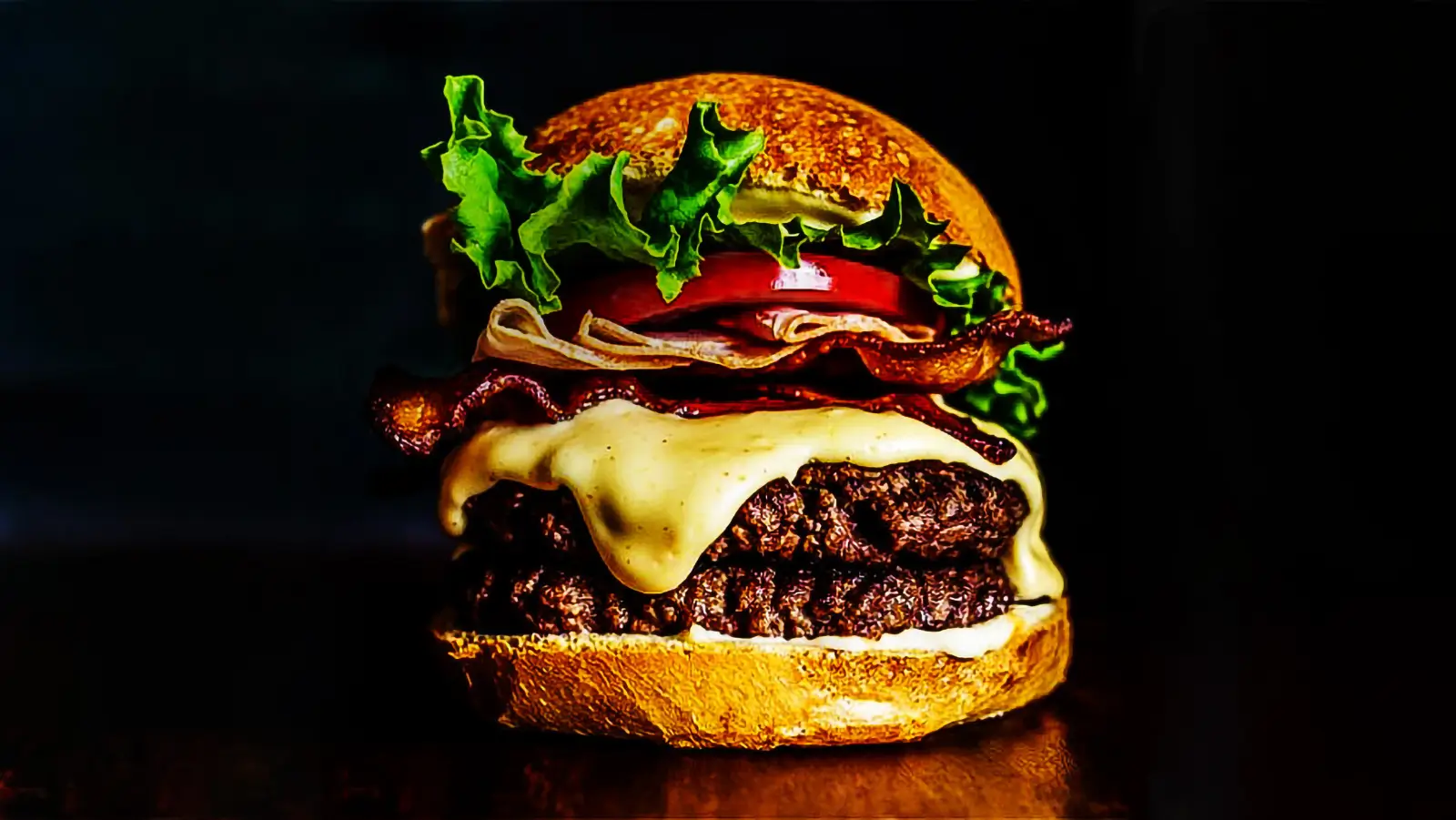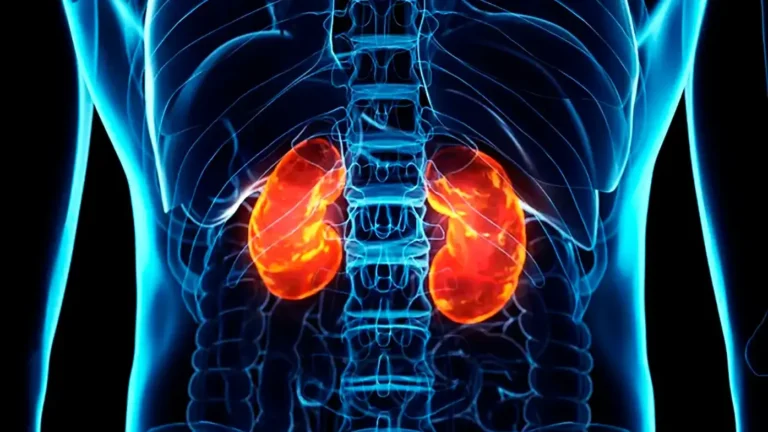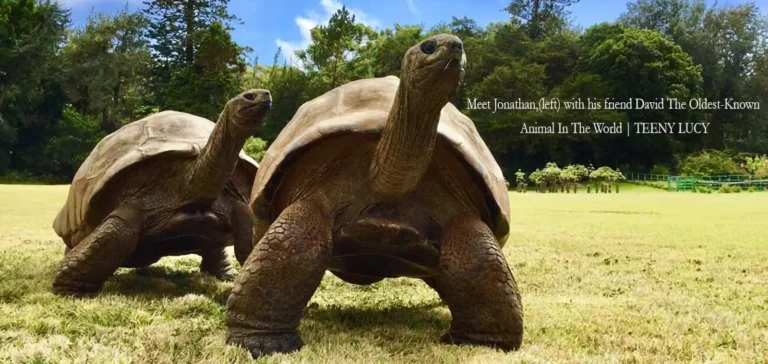Verarbeitete Lebensmittel: Die Risiken Verstehen
Verarbeitete Lebensmittel bedeuten, dass etwas aus der ganzen Nahrung entfernt wird, in der Regel Ballaststoffe, und etwas hinzugefügt wird, in der Regel Fett, Zucker, Salz und MSG.
Milos Pokimica
Geschrieben von: Milos Pokimica
Medizinisch Begutachtet Von: Dr. Xiùying Wáng, M.D.
Aktualisiert Oktober 1, 2023Nachdem Sie ein wenig über die Geschichte und die Art und Weise gelesen haben, wie Unternehmen, egal ob Lebensmittel, Arzneimittel oder Dritte, Geschäfte abwickeln, sollten Sie verstehen, dass diese Unternehmen und die Menschen, die sie leiten, sich nicht um Sie kümmern. Es geht ihnen darum, ihre Produkte an Sie zu vermarkten, aber nicht an Ihnen. Sie werden alles tun, was sie können, wenn es ihnen gelingt, Geld zu verdienen, einschließlich der Beteiligung an Kriegsverbrechen, Völkermord, Folter, Ausbeutung und globaler Zerstörung jeglicher Art. Krieg ist eines der größten Geschäfte überhaupt.
Wenn Sie glauben, dass Ärzte oder andere Verkäufer jeglicher Art Ihnen die Wahrheit sagen und fürsorgliche Gefühle für Sie hegen, handelt es sich lediglich um Propaganda und emotionale Manipulation, die darauf abzielt, ihre Absichten durch Täuschung voranzutreiben. Wenn man den Supermarkt betritt, wird alles dort ins Regal gestellt, um Geld zu verdienen.
Es gibt keinen einzigen Artikel im Supermarkt, der der Gesundheitsförderung oder irgendetwas anderem dient, außer um Geld für das Unternehmen zu verdienen, das ihn hergestellt hat.
Und eigentlich ist es nicht einmal die Schuld des Unternehmens, dass wir uns in dieser schwierigen Lage befinden. Es ist Ihre Schuld.
So funktionieren der Lebensmittelmarkt und der Lebensmittelverkauf in der Realität. Weil Sie keine Kontrolle über Ihre Grundinstinkte haben und Ihr Gehirn ein evolutionärer Zustand ist, wie es auch der Fall ist, wenn ein Lebensmittelunternehmen ein gutes, gesundes Produkt herstellt. Dieses Produkt enthält kein Salz, keinen zugesetzten Zucker oder zugesetztes Fett und ist reich an Ballaststoffen und so weiter. Wenn es keine andere Wahl gibt, wirst du das kaufen und essen. Es wird in Ordnung sein; Es wird weder salzig noch lecker sein, aber Sie werden es schaffen. Dann kommt jedoch ein anderes Lebensmittelunternehmen auf die Idee, etwas hinzuzufügen, und sagt, Sie wissen ja, was die Leute kaufen, warum fügen wir ihm nicht ein wenig Zucker hinzu, damit es besser schmeckt? Und raten Sie mal, Ihnen als impulsivem Verbraucher wird es mehr gefallen und dann beginnt der Kreislauf. Es wird ein drittes Unternehmen geben, das so viel Zucker hinzufügt, wie Sie vertragen, und so viel Fett sowie künstliche Geschmacks- und Farbstoffe hinzufügt und alle Ballaststoffe entfernt, und Ihr Gehirn wird eine Dopamin-Überreaktion haben, weil diese Kombination aus Fett und Zucker nicht existiert in der Natur und Sie werden es lieben. Und jedes andere Unternehmen, das irgendetwas anderes macht als Dinge voller Fett, Zucker und Salz herzustellen, wird bankrott gehen. Selbst wenn beispielsweise einer verarbeiteten Mahlzeit Fett entzogen wird, wird häufig Zucker hinzugefügt, um den milden Geschmack zu überdecken. Und jedes andere Unternehmen, das irgendetwas anderes macht als Dinge voller Fett, Zucker und Salz herzustellen, wird bankrott gehen. Selbst wenn beispielsweise einer verarbeiteten Mahlzeit Fett entzogen wird, wird häufig Zucker hinzugefügt, um den milden Geschmack zu überdecken. Und jedes andere Unternehmen, das irgendetwas anderes macht als Dinge voller Fett, Zucker und Salz herzustellen, wird bankrottgehen. Selbst wenn beispielsweise einer verarbeiteten Mahlzeit Fett entzogen wird, wird häufig Zucker hinzugefügt, um den milden Geschmack zu überdecken.
Wenn wir (Ernährungswissenschaftler) sagen, dass verarbeitete Lebensmittel schlecht für Sie sind, dann ist das genau das, was „Prozess“ bedeutet.
Es bedeutet, dass etwas entfernt wird.
Normalerweise werden Ballaststoffe und etwas hinzugefügt, normalerweise Fett, Zucker, Salz und Magnesium.
Es gibt ernährungsphysiologisch keinen Unterschied zwischen Mac und Käse oder Pizza oder Eis oder Chips. Bei der Verarbeitung werden dem Mehl Ballaststoffe entzogen, die verbleibende Stärke wird vom menschlichen Verdauungssystem so leicht verdaut, dass es keinen Unterschied macht, wenn wir nur einfachen Kristallzucker essen. Unser Körper ist so gut an die Verdauung von Amylopektin-a (in Weizen enthaltene Stärke) angepasst, dass es bemerkenswert ist.
Was wir in Mack and Cheese haben, ist Zucker aus raffiniertem Mehl und gesättigtes Fett aus Käse, also werden Fett und Zucker kombiniert, um uns high zu machen.
Was wir in Eiscreme haben, ist gesättigtes Fett aus Milch und Haushaltszucker, also wiederum Fett und Zucker.
Was wir in Chips haben, ist Stärke aus Kartoffeln und Fett aus dem Frittieren sowie Salz und MSG (Mononatriumglutamat). MSG ist eine spezielle neuroaktive Chemikalie oder Droge, die eine sogenannte Exzitotoxizität erzeugt. Das bedeutet, dass Glutamat die Neurozellen dazu anregt, für einen bestimmten Zeitraum unkontrolliert Signale auszusenden. Wenn genug verbraucht wird, kann dies schließlich zum Absterben von Neuronen führen. Glutamat reizt auch die Nerven in unserem Mund und darüber hinaus haben wir in unserem Gehirn in allen Geweben Rezeptoren für Glutamat. Das Gehirn erkennt es als eine Art „Superfood“. MSG und Aspartam und alle anderen Exzitotoxine fördern dramatisch das Krebswachstum, die Metastasierung und viele andere Krankheiten. Eine große Anzahl von Ratten, denen Exzitotoxine in hohen Dosen verabreicht wurden, starben schnell an Leukämie, Lymphomen, Hirntumoren oder anderen tödlichen Krankheiten. Können wir eine kleine Menge davon essen, denn die Dosis macht das Gift, oder? Vielleicht, vielleicht auch nicht. Aber das Gehirn von Kindern ist ein anderes Thema, und wer isst beispielsweise die meisten Chips in übermäßigen Mengen? In weiteren Artikeln zum Thema Exzitotoxine wird es mehr Diskussionen geben. Sie waren ursprünglich verboten, wurden dann aber durchgesetzt, indem alle Krebserkrankungen und mehr als 70 andere Arten von Krankheiten, die als “Rumsfeld-Krankheiten” bekannt sind (Donald Rumsfeld war zu dieser Zeit Vorsitzender der Firma G.D. Searle) und mit der Verwendung von MSG und Aspartam in Verbindung stehen, ignoriert wurden. MSG ist ebenso wie Salz, Zucker und Fett eine der Säulen der modernen Lebensmittelindustrie.

Was wir beispielsweise in Chips haben, ist Stärke aus Kartoffeln und Fett aus dem Frittieren, so dass es für unser Gehirn keinen Unterschied gibt, denn wir suchen nach Fett und Zucker in derselben Mahlzeit in unterschiedlichen Kombinationen, aber chemisch gesehen ist es dieselbe Mahlzeit.
Chips können gebacken werden, aber wenn Sie sie gerne essen und dazu neigen, die ganze Tüte zu essen, es sei denn, jemand anderes kommt zuerst dazu, können Sie damit rechnen, dass sie frittiert werden. Wenn sie gebacken sind, steht das auf der Tüte, sie kosten mehr und schmecken nicht so gut, weil es keine Dopaminreaktion im Belohnungsmechanismus im Gehirn gibt oder nicht in dem Ausmaß, wie wir es uns wünschen. Es ist wieder die gleiche Mahlzeit, wenn man zum Beispiel Speck, Eier und Brot isst. Es ist Zucker aus Brad und Fett. Versuchen Sie, Speck und Eier ohne Brot zu essen. Wenn Sie es übertreiben, könnte Ihnen von all dem Fett übel werden, oder warum versuchen Sie nicht einfach, Schmalz und nichts anderes zu essen?
Die ständige übernatürliche Stimulation der Belohnungszentren im Gehirn führt schließlich zu einer Herunterregulierung der Dopaminrezeptoren, genau wie beim Kokain- oder Amphetaminkonsum. Der regelmäßige Verzehr von äußerst schmackhaften verarbeiteten Lebensmitteln führt zu einer direkten Verringerung unserer natürlichen Fähigkeit, jede Form von Vergnügen zu empfinden, nicht nur die Freude am Essen. Mehr dazu können Sie in verwandten Artikeln über übernatürliche Reize lesen.
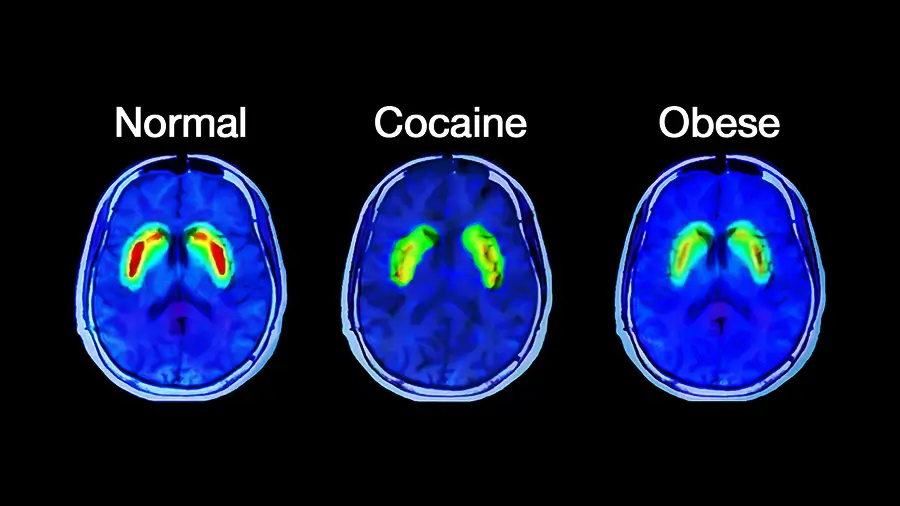
Der Grund für die Entfernung von Ballaststoffen in verarbeiteten Lebensmitteln liegt wiederum darin, dass diese nicht gut schmecken. Ballaststoffe haben überhaupt keinen Geschmack. Es ist nur so, dass wir die Konsistenz nicht mögen und weil es keine Kalorien enthält, erkennt unser Gehirn instinktiv, dass es sich nicht lohnt, es zu essen. Aus diesem Grund schälen wir zum Beispiel die Kartoffel vor dem Kochen. Wir mögen die unkonventionelle Textur der Haut nicht. Die Industrie tut dies also, um die Textur und Farbe verarbeiteter Lebensmittel zu verbessern.
Dies führt jedoch zu einer Erhöhung der Absorption und Insulinreaktion. Es wird schnell verdaut, und wenn der Blutzucker sinkt, müssen wir erneut essen, und dann essen wir zu viel, vor allem, weil es zugesetzt wird raffinierter Zucker und Fett. Dann kommt Fettleibigkeit und dann kommt Diabetes und dann, weil es keinen gibt Antioxidans in verarbeiteten Lebensmitteln oder anderen sekundären Pflanzenstoffen, um das Entzündungsniveau und die gesamte toxische Überlastung zu senken. Gleichzeitig haben wir chronische Entzündungen auf niedrigem Niveau. Das führt dann zu Krebs und anderen Arten von Immunerkrankungen. Und weil wir als Nahrung für probiotische Bakterien zu viel Fleisch und tierische Produkte essen, die voller Cholesterin sind und auch keine Ballaststoffe enthalten, bilden sich in unserem Darm schlechte Bakterienkolonien, die sich von Fleisch ernähren, oder mit anderen Worten schlechtes Mikrobiom, das die Entzündung weiter verstärkt verursacht eine ganze Reihe weiterer Probleme, und das alles, weil wir wollen, dass unser Essen gut schmeckt.
Und die Industrie sorgt dafür. Und warum die Industrie auf Antioxidantien und sekundäre Pflanzenstoffe verzichtet.
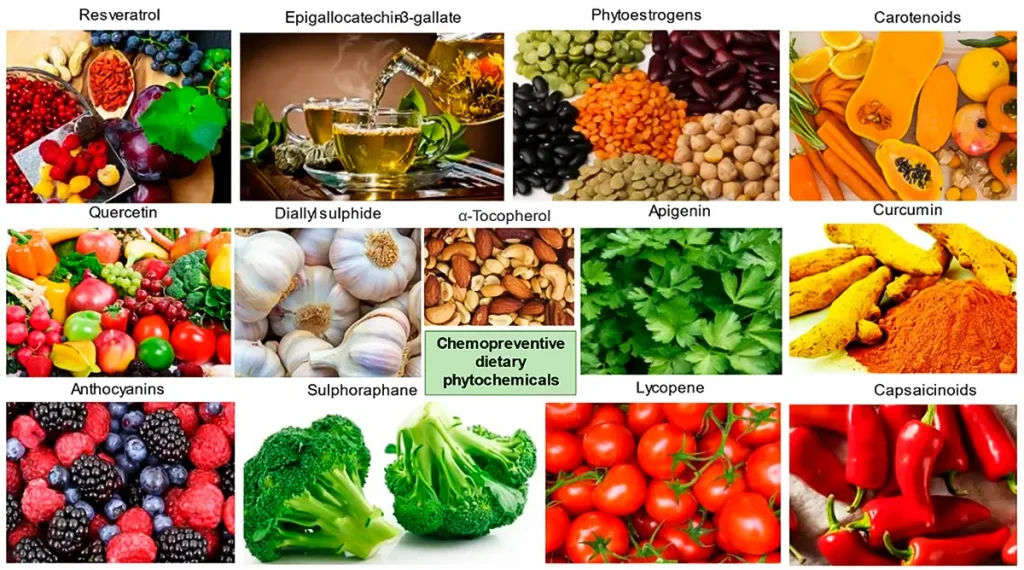
Sie tun dies nicht, aber sie sind gesetzlich dazu verpflichtet, alles zu pasteurisieren. Wenn Sie zum Beispiel „gesunde“ 100 Prozent zuckerfreie Fruchtsäfte trinken möchten, erhalten Sie Zucker und Wasser mit Fruchtgeschmack, ohne jegliche sekundäre Pflanzenstoffe oder Antioxidantien. Die meisten dieser sekundären Pflanzenstoffe sind bei der thermischen Verarbeitung nicht stabil (Martí et al., 2009). Manche sind, manche bilden andere Konjugate (Wong et al., 2019), die die Wissenschaft noch nicht identifiziert hat, und einige sind stabil und erhöhen auch ihre Bioverfügbarkeit nach dem Kochen. Ein Beispiel hierfür wären Carotinoide. In einigen anderen Artikeln zu diesem Thema wird es weitere Diskussionen geben. Dies ist zum Beispiel einer der Gründe für Befürworter der Reihendiät und für Menschen, die sie praktizieren. Wenn die Industrie anfängt, Ihren Saft zu kochen, um alle potenziellen Bakterien abzutöten, und ihm Konservierungsmittel hinzufügt, gibt es keine Bakterien mehr und die Haltbarkeit ist deutlich länger. Allerdings ist im Saft nichts mehr enthalten, was nicht mehr hitzestabil ist und die meisten Antioxidantien enthalten sind.
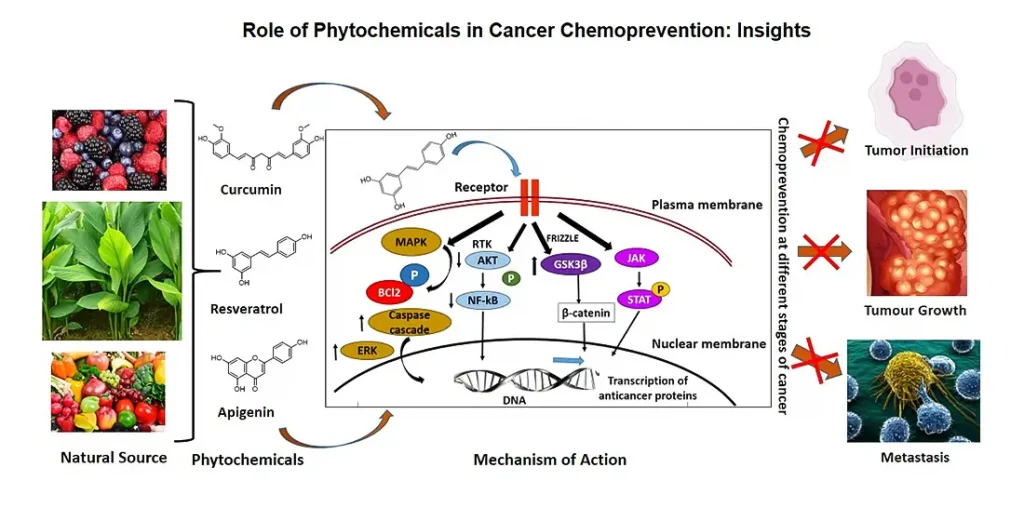
Vitamin C ist auch während der thermischen Verarbeitung nicht stabil. Wenn Sie Vitamin C auf der Saftschachtel sehen, ist synthetisches Vitamin C (Ascorbinsäure) zugesetzt, nur um Sie zu täuschen (Palermo et al., 2014). Gibt es einen Unterschied zwischen natürlichem und synthetischem Vitamin C? Ja und nein. Es ist eine weitere Debatte. Ascorbinsäure (synthetisches Vitamin C) macht nur 25 % des gesamten natürlichen Vitamin-C-Komplexes aus.
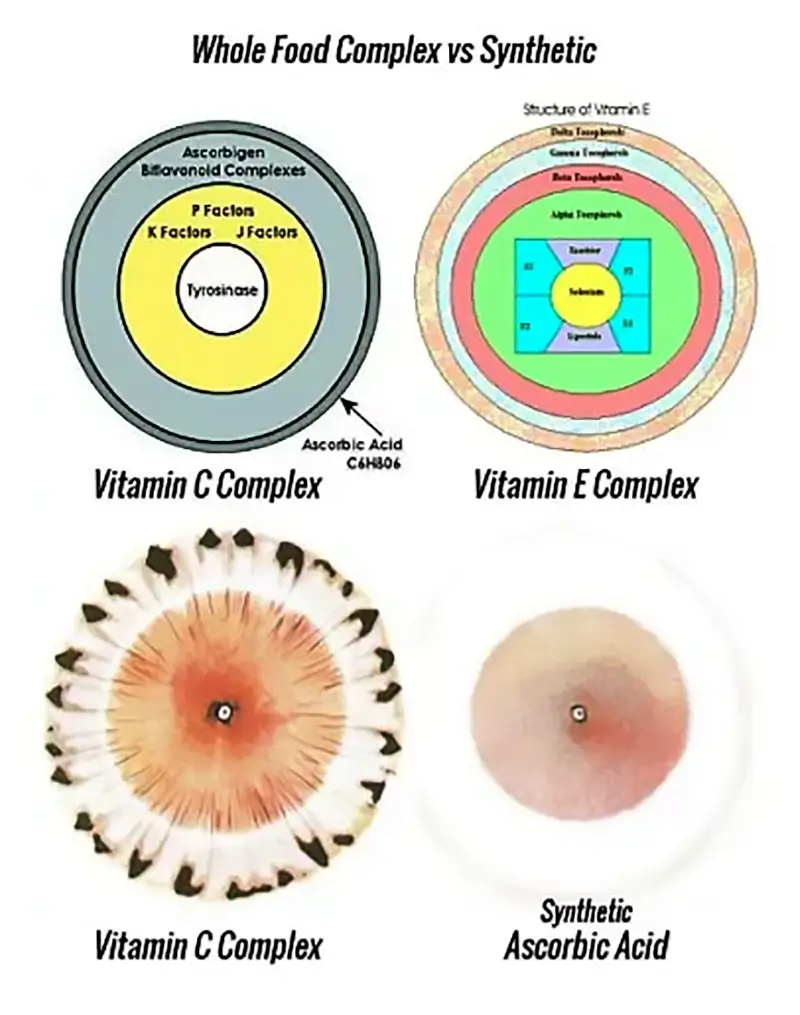
Außerdem enthält der Saft keine Ballaststoffe, sodass Sie nichts anderes als nur süßes Wasser wie bei jedem normalen Erfrischungsgetränk wie Cola erhalten. Um den vollen Nutzen für die Gesundheit zu erzielen, müssen Sie ganze rohe Früchte essen.
Neben all den bereits erwähnten negativen Auswirkungen gibt es noch eine weitere negative Seite verarbeiteter Lebensmittel, und das ist der Nährstoffmangel.
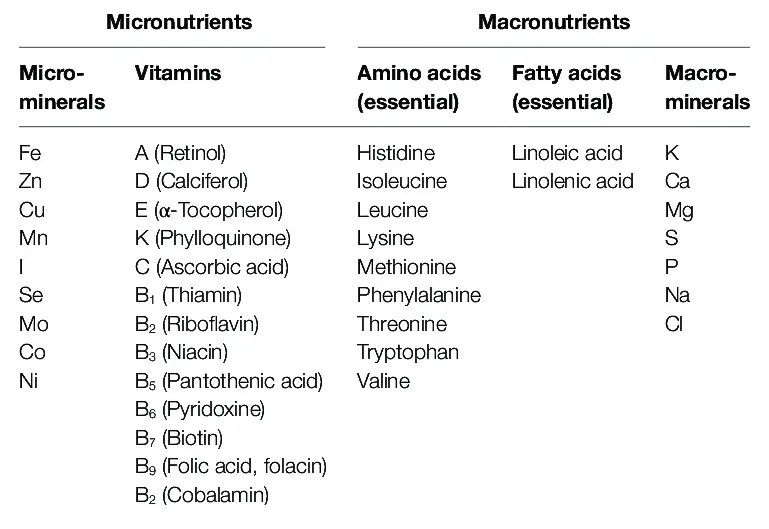
Es gibt etwas, das Makronährstoffe genannt wird, und es gibt etwas, das Mikronährstoffe genannt wird. Makronährstoffe sind Zucker, Fett und Eiweiß sowie einige Mineralien und enthalten Kalorien. Aber auch Mikronährstoffe sind lebenswichtig, obwohl sie keine Kalorien enthalten. Mikronährstoffe sind Vitamine, Mineralien und Antioxidantien. Das Problem ist, dass raffinierter Zucker und Fett keinen enthalten. Wenn das Pflanzenöl „nativ“ ist, enthält es möglicherweise noch eine gewisse Menge an fettlöslichen Vitaminen wie Vitamin E und möglicherweise eine kleine Menge anderer sekundärer Pflanzenstoffe. Allerdings enthält normales raffiniertes Öl von allem nichts.
Es handelt sich um eine sogenannte leere Kalorie, was bedeutet, dass eine Kalorie keine Mikronährstoffe enthält.
Wenn Sie eine Tüte Chips essen, erhalten Sie viele Kalorien, aber sonst nichts. Eigentlich ist es schlimmer als nichts. Sie erhalten eine Menge Salz und Exzitotoxizität durch MSG und eine Menge ranziges Fett Acrylamid. Nährstoffmangel ist in der westlichen Ernährungsweise so stark ausgeprägt, dass es in manchen Fällen zu schweren Erkrankungen mit geringer Erkennungsrate kommt. Menschen, die Symptome eines Nährstoffmangels haben, wissen in der Regel nicht, was ihnen fehlt, und wissen nicht einmal, dass sie überhaupt einen Mangel haben. Sie denken, dass sie durch den Verzehr von so vielen verarbeiteten Lebensmitteln über alle Mineralien, Antioxidantien und Vitamine verfügen, die sie benötigen, aber in Wirklichkeit ist die Situation schrecklich.
Auch bei einer gesunden Ernährung kann es aufgrund der Bodenverarmung und der Verwendung synthetischer Düngemittel zu einem Mangel an ausreichend Mineralien kommen.
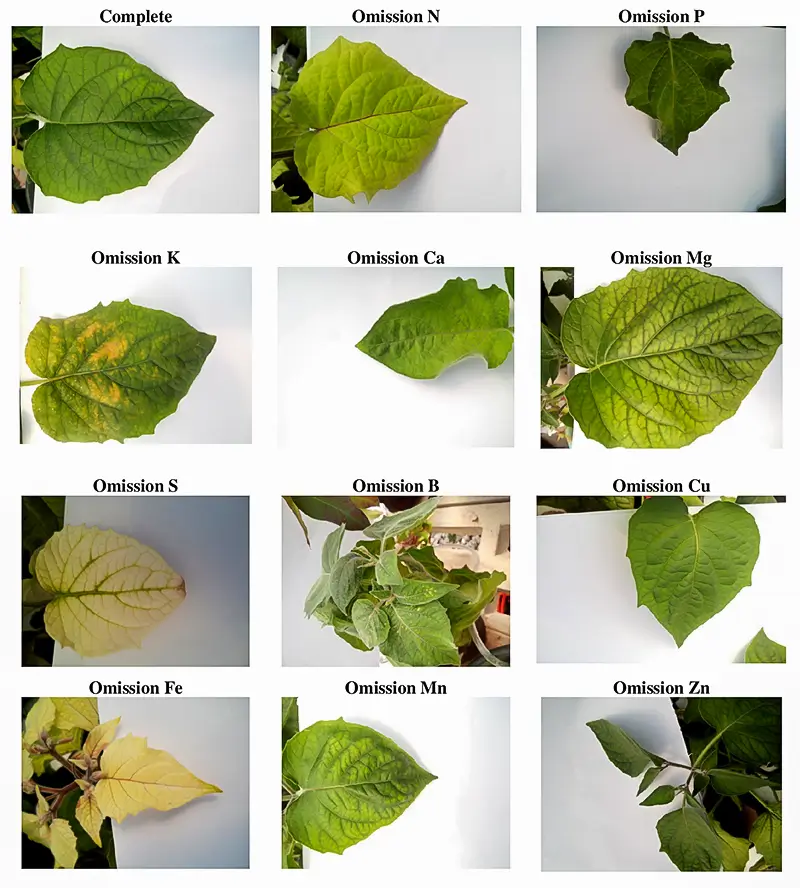
Synthetische Düngemittel beheben zwar den Nährstoffmangel von Pflanzen, aber Menschen und andere Tiere benötigen weit mehr Mineralstoffe als nur die wenigen, die synthetisch hinzugefügt werden. Wir benötigen mehr als 60 Mineralstoffe, um offensichtliche Mangelkrankheiten zu vermeiden. Die Wissenschaft ist noch nicht ganz so weit, aber wir wissen, dass der menschliche Körper von Natur aus 102 verschiedene Mineralstoffe benötigt, zusätzlich zu den Vitaminen, um richtig zu funktionieren. Und das sind nur die Mineralstoffe.
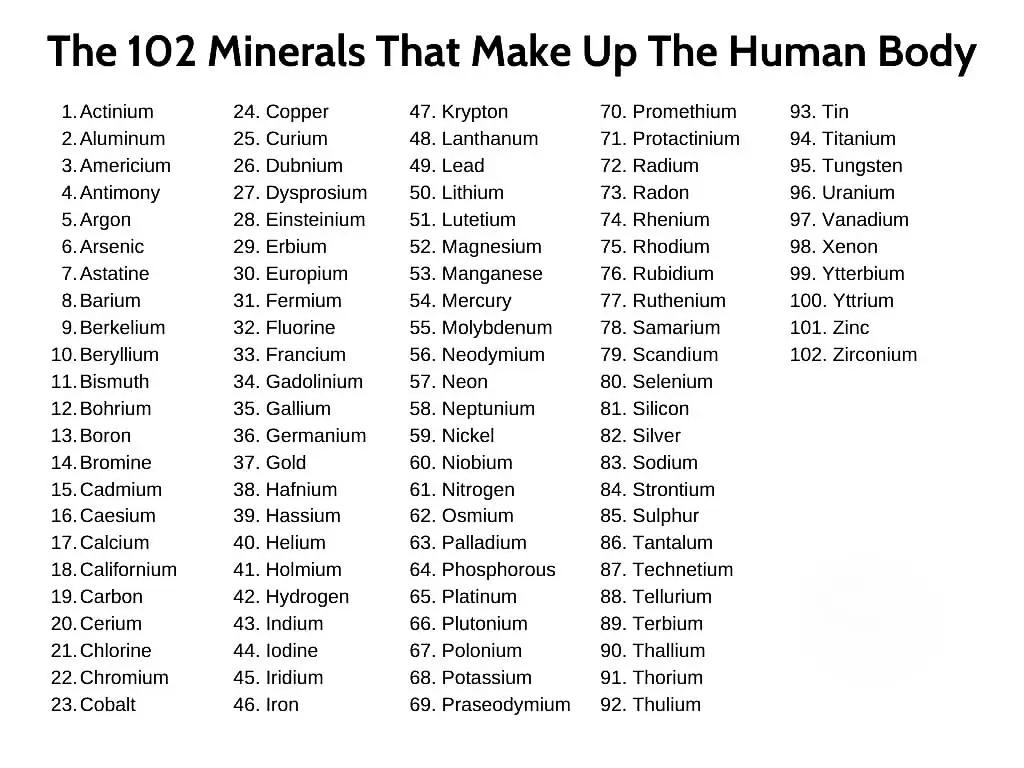
Beispielsweise wurde festgestellt, dass Omega-3-Fettsäuren, Vitamin D, Chrom, Jod und Molybdän in mehr als 90 Prozent der Ernährungspläne durchweg niedrig waren. Für einige Nährstoffe wie Vitamin D und Jod wird die empfohlene Tagesdosis bereits künstlich auf das Äußerste gesenkt. 8 von 10 haben einen Vitamin-E-Mangel. Fast die Hälfte der US-Bevölkerung (48 %) nahm weniger als die erforderliche Menge Magnesium zu sich, und das Gleiche gilt für Vitamin A und Vitamin C. Wenn wir uns alle anderen Spurenelemente ansehen, kennen wir nicht alle ihre biochemischen Wirkungen und ich habe keine RDA für die Situation, in der ein Mangel von etwa 90 bis 97 Prozent vorliegt.
Bereits 1936 erkannte der Kongress, dass es dem Land an Mikronährstoffen mangelt, was dazu führt, dass über 99 % der amerikanischen Bevölkerung einen Mangel an einigen lebenswichtigen Mineralien und Spurenelementen haben.
Obst und Gemüse enthalten heute weitaus weniger Nährstoffe als noch vor 50 Jahren. Kartoffeln beispielsweise hatten 100 % des Vitamin-A-Gehalts, 57 % des Vitamin C und Eisens sowie 28 % des Kalziums verloren.
Diese Daten stammen vom US-Landwirtschaftsministerium zur Gemüsequalität. Im gesamten 20. Jahrhundert sank der durchschnittliche Mineralstoffgehalt in Kohl, Salat, Spinat und Tomaten von 400 mg auf unter 50 mg.
Auf mineralstoffarmen Böden wachsen mineralstoffarme Nahrungsmittel.
Die Tiere, die wir essen, werden auch mit Gemüse, Mais und Weizen gefüttert, denen die Mikronährstoffe entzogen sind. Dies würde dazu führen, dass das Fleisch, das Sie kaufen, auch viel weniger Mikronährstoffe enthält als je zuvor.
Stellen Sie sich das so vor. Es sind sieben bis zehn Ernteerträge erforderlich, um einem Boden seinen Mineraliengehalt zu entziehen. Damals (in der Zeit nach der neolithischen Revolution) brannten die Menschen fünf bis sechs Sommer lang ganze Wälder nieder, um neue Feldfrüchte anzupflanzen, bis die Ernte ausfiel. Oder die Praxis unserer Vorfahren, Asche aus verbranntem Holz in den Garten zu werfen, damit Pflanzen wachsen. Wenn Sie jedoch Nahrungsmittel auf mineralarmen Böden anbauen und synthetische Düngemittel hinzufügen, fügen Sie nicht 102 synthetische Mineralien hinzu, sondern nur diejenigen, die die Pflanzen benötigen. Grundsätzlich gibt es keinen Unterschied zwischen Gewerbeflächen oder hydroponisch angebauten Schwämmen, die anstelle der Flächen genutzt werden. Hydroponisch angebaute Lebensmittel sind nur Plastik oder der Tod durch Unterernährung. Alle kommerziellen Flächen sind im Grunde nur ein einziger großer Schwamm mit nur einem Zweck: das Wurzelsystem der Pflanzen zu halten, damit synthetische Düngemittel ihre Wirkung entfalten können.
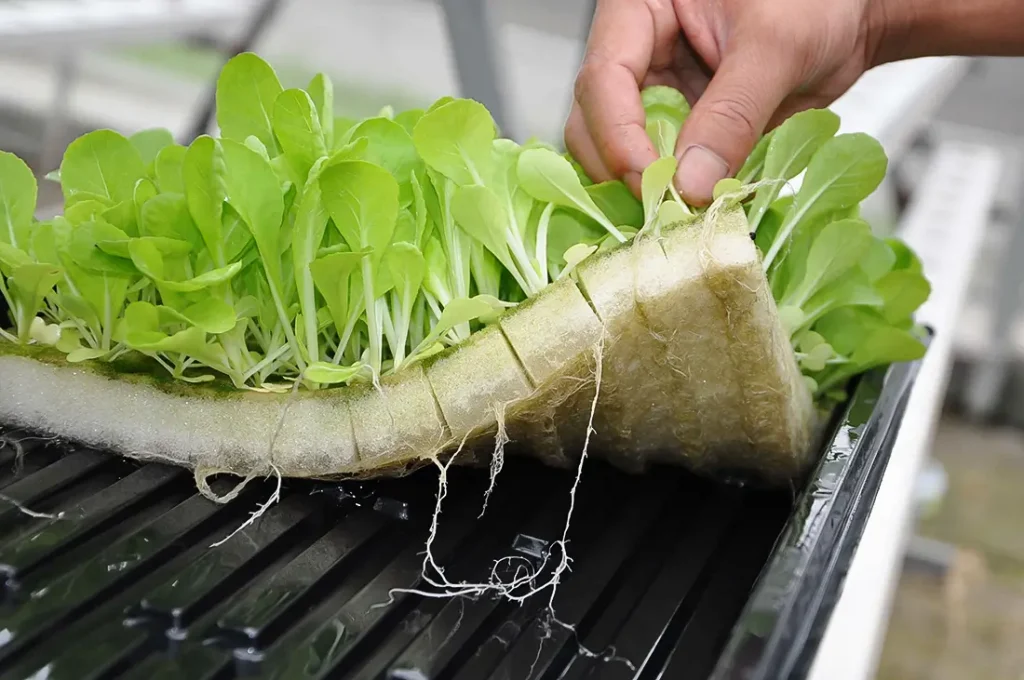
Die empfohlene Tagesdosis aller essenziellen und Spuren-Mikronährstoffe zu erreichen, ist schwierig, wenn nicht sogar unmöglich, insbesondere bei den Spurenelementen, selbst wenn man die derzeit beliebtesten, von Ärzten und Ernährungswissenschaftlern entwickelten Diätprogramme befolgt.
Wir müssen vollwertige, vegane, biologisch angebaute, nährstoffreiche Ernährung zu uns nehmen, die von Fachleuten entwickelt und überwacht wird, um alle Nährstoffe, die wir benötigen, aus der Nahrung zu gewinnen. Stellen Sie sich nun vor, was passiert, wenn Sie darüber hinaus nährstoffarme, zucker- und fettreiche, von der Lebensmittelindustrie hergestellte Lebensmittel zu sich nehmen.
Verarbeitete Lebensmittel sind eigentlich gar keine Lebensmittel. Es handelt sich um eine Liste von Chemikalien. Früher habe ich den Patienten, die mich für Konsultationen engagieren, gerne eine einfache Frage gestellt. Das ist die erste Frage, die ich stellen werde, um zu sehen, wie viel Ernährungswissen und Hintergrund jemand hat. Wenn jemand zu einer Beratung in meine Praxis kommt, frage ich mich als Erstes: „Was ist Essen?“ Die Antworten waren unterschiedlich, aber in der Regel drehten sie sich um Chemikalien. Und das liegt an verarbeiteten Lebensmitteln. Mit dem Geist entfernt es die Menschen von der Realität und degradiert das Essen zu einer medizinisch-reduktionistischen Philosophie der chemischen Intervention. Meine zweite Frage lautet fast in 90 Prozent der Fälle: Kann man das in der Natur finden? Und wenn die Antwort „Nein“ lautet, handelt es sich nicht um Lebensmittel. Was ist also echtes Essen? Die Antwort sind Lebensmittel ohne Etikett.
Prozesslebensmittel sind genau das, eine chemische Liste.
Verweise:
- Marti, N., Mena, P., Canovas, JA, Micol, V. & Saura, D. (2009). Vitamin C und die Rolle von Zitrussäften als funktionelles Lebensmittel. Naturproduktkommunikation, 4(5), 677–700. [PubMed]
- Wong, FC, Chai, TT, & Xiao, J. (2019). Die Einflüsse der thermischen Verarbeitung auf Phytochemikalien und mögliche Wege zur Entdeckung neuer phytochemischer Konjugate. Kritische Rezensionen zur Lebensmittelwissenschaft und Ernährung, 59(6), 947–952. https://doi.org/10.1080/10408398.2018.1479681
- Palermo, M., Pellegrini, N. & Fogliano, V. (2014). Die Auswirkung des Kochens auf den phytochemischen Gehalt von Gemüse. Zeitschrift für Lebensmittel- und Landwirtschaftswissenschaft, 94(6), 1057–1070. https://doi.org/10.1002/jsfa.6478
- George, BP, Chandran, R. & Abrahamse, H. (2021). Rolle von sekundären Pflanzenstoffen bei der Chemoprävention von Krebs: Einblicke. Antioxidantien (Basel, Schweiz), 10(9), 1455. https://doi.org/10.3390/antiox10091455
Zusammenhängende Posts
Haben Sie Fragen zum Thema Ernährung und Gesundheit?
Ich würde gerne von Ihnen hören und sie in meinem nächsten Beitrag beantworten. Ich freue mich über Ihren Beitrag und Ihre Meinung und freue mich darauf, bald von Ihnen zu hören. Ich lade Sie auch dazu ein Folgen Sie uns auf Facebook, Instagram und Pinterest für weitere Inhalte zu Ernährung und Gesundheit. Sie können dort einen Kommentar hinterlassen und sich mit anderen Gesundheitsbegeisterten austauschen, Ihre Tipps und Erfahrungen teilen und Unterstützung und Ermutigung von unserem Team und unserer Community erhalten.
Ich hoffe, dass dieser Beitrag für Sie informativ und unterhaltsam war und dass Sie bereit sind, die gewonnenen Erkenntnisse anzuwenden. Wenn Sie diesen Beitrag hilfreich fanden, dann es teilen mit Ihren Freunden und Familienangehörigen, die ebenfalls davon profitieren könnten. Man weiß nie, wer auf seinem Weg zur Gesundheit vielleicht etwas Anleitung und Unterstützung braucht.
– Das könnte Ihnen auch gefallen –

Über Ernährung Lernen
Milos Pokimica ist Doktor der Naturheilkunde, klinischer Ernährungsberater, Autor für medizinische Gesundheit und Ernährung sowie Berater für Ernährungswissenschaften. Autor der Buchreihe Zum Veganer werden? Rückblick auf die Wissenschafter betreibt auch das Natürliche Gesundheit website GoVeganWay.com
Medizinischer Haftungsausschluss
GoVeganWay.com bietet Ihnen Rezensionen der neuesten Ernährungs- und Gesundheitsforschung. Die bereitgestellten Informationen stellen die persönliche Meinung des Autors dar und sind weder als Ersatz für professionelle medizinische Beratung, Diagnose oder Behandlung gedacht noch impliziert. Die bereitgestellten Informationen dienen ausschließlich Informationszwecken und sollen nicht als Ersatz für die Beratung, Diagnose und/oder medizinische Behandlung durch einen qualifizierten Arzt oder Gesundheitsdienstleister dienen.Ignorieren Sie niemals professionellen medizinischen Rat oder verzögern Sie die Suche nach medizinischer Behandlung, weil Sie etwas auf GoVeganWay.com gelesen oder über GoVeganWay.com darauf zugegriffen haben
Nehmen Sie NIEMALS Änderungen im Lebensstil oder irgendwelche Änderungen vor, die eine Folge von etwas sind, das Sie auf GoVeganWay.com gelesen haben, bevor Sie einen zugelassenen Arzt konsultieren.
Bei einem medizinischen Notfall rufen Sie sofort einen Arzt oder die Notrufnummer 911 an. GoVeganWay.com empfiehlt oder unterstützt keine bestimmten Gruppen, Organisationen, Tests, Ärzte, Produkte, Verfahren, Meinungen oder andere Informationen, die darin erwähnt werden könnten.
Herausgeber-Tipps –
Milos Pokimica ist Autor für Gesundheit und Ernährung sowie Berater für Ernährungswissenschaften. Er ist Autor einer Buchreihe. Zum Veganer werden? Rückblick auf die Wissenschafter betreibt auch das Natürliche Gesundheit website GoVeganWay.com
Neueste Artikel –
Top-Gesundheitsnachrichten – ScienceDaily
- Study finds vegetarians over 80 less likely to reach 100am Februar 26, 2026
Avoiding meat might slightly lower the odds of reaching 100 — but only for frail, underweight seniors. In very old age, staying strong and maintaining muscle matters more than long-term disease prevention. Older adults who included fish, eggs, or dairy were just as likely to become centenarians as meat eaters, suggesting that key nutrients may make the difference. The takeaway: nutrition needs change dramatically with age.
- Shingles vaccine may slow biological aging and reduce inflammationam Februar 26, 2026
A shingles shot might do more than prevent a painful rash — it could actually help slow down the aging process. In a large national study of more than 3,800 Americans age 70 and older, those who received the shingles vaccine showed slower biological aging compared to those who didn’t. Researchers found lower levels of chronic inflammation and slower changes in gene activity linked to aging, suggesting the vaccine may calm the body’s “inflammaging” — the low-grade inflammation tied […]
- Massive review suggests exercise may do little for osteoarthritis painam Februar 26, 2026
A sweeping new analysis of the evidence suggests that exercise therapy — long promoted as a first-line treatment for osteoarthritis — may offer only small and short-lived relief, and in some cases might be no better than doing nothing at all. After reviewing dozens of clinical trials involving more than 13,000 participants, researchers found that benefits for knee osteoarthritis pain were minimal and tended to shrink in larger or longer-term studies.
- Just two days of oatmeal cut bad cholesterol by 10%am Februar 25, 2026
Eating nothing but oatmeal for just two days might sound extreme, but it delivered a striking payoff in a new clinical trial. People with metabolic syndrome who followed a short, calorie-reduced oat-based plan saw their harmful LDL cholesterol drop by 10%, along with modest weight loss and lower blood pressure. Even more surprising, the cholesterol benefits were still visible six weeks later.
- New drug target discovered for devastating “brain on fire” diseaseam Februar 25, 2026
Scientists have zeroed in on a critical weak spot behind a rare but devastating brain autoimmune disorder often known as “Brain on Fire.” The disease strikes when the immune system attacks NMDA receptors—key molecules involved in memory and thinking—leading to psychiatric symptoms, seizures, and even death.
- Scientists discover hidden sugar layer behind psoriasisam Februar 25, 2026
A gel-like sugar coating on immune cells has been found to play a starring role in psoriasis. Researchers discovered that immune cells shed this outer layer to help them exit the bloodstream and enter inflamed skin. This challenges the long-held idea that only blood vessel walls changed during this process. The finding could help guide new therapies aimed at controlling harmful inflammation.
- New brain stimulation approach could treat depression in just 5 daysam Februar 25, 2026
A weeklong, high-intensity version of TMS may work nearly as well as the standard six-week treatment for depression. In a UCLA study, patients who received five sessions a day for five days experienced meaningful symptom relief comparable to those on the traditional schedule. Some who didn’t improve immediately showed strong gains weeks later. The findings hint at a faster, more accessible path to recovery.
PubMed, #Vegane Diät –
- Veganism: an extended theory of planned behavior framework incorporating ethical, environmental, and sociodemographic determinantsam Februar 20, 2026
CONCLUSION: This study broadens the TPB by integrating ethical, normative, and psychosocial dimensions that explain vegan intentions beyond traditional predictors. Findings underscore the importance of moral identity, perceived social expectations, and contextual factors in shaping sustainable dietary behaviors.
- Association Between Diet and Metabolome in Childhood and Adolescence: A Systematic Reviewam Februar 11, 2026
CONCLUSION: This review identifies several metabolites consistently associated with specific dietary components across different studies in children and adolescents. These findings support the potential of metabolomics for validating dietary biomarkers and improving the accuracy of dietary assessment in pediatric populations. Although metabolomic markers reflect actual dietary intake, their implications for health outcomes remain to be explored.
- Growth Trajectories in Infants From Families With Plant-Based or Omnivorous Dietary Patternsam Februar 5, 2026
CONCLUSIONS AND RELEVANCE: In this cohort study, infants from vegan households had growth patterns similar to those from omnivorous households, with a higher odds of early underweight that decreased by age 24 months. In the context of developed countries, these findings seem reassuring. Further research should examine vegan diet quality and the impact of nutritional counseling during pregnancy and infancy in supporting optimal infant development.
- Influences of vegan status on protein intake, lean body mass, and strength in lightly active, young women: A cross-sectional studyam Februar 5, 2026
CONCLUSION: These data suggest that functional indicators of body protein status may be adversely impacted by long-term adherence to vegan diets in young adult women.
- Iodineam Januar 1, 2006
Iodine is an essential trace nutrient for all infants that is a normal component of breastmilk. Infant requirements are estimated to be 15 mcg/kg daily in full-term infants and 30 mcg/kg daily in preterm infants.[1] Breastmilk iodine concentration correlates well with maternal urinary iodine concentration and may be a useful index of iodine sufficiency in infants under 2 years of age, but there is no clear agreement on a value that indicates iodine sufficiency, and may not correlate with […]


